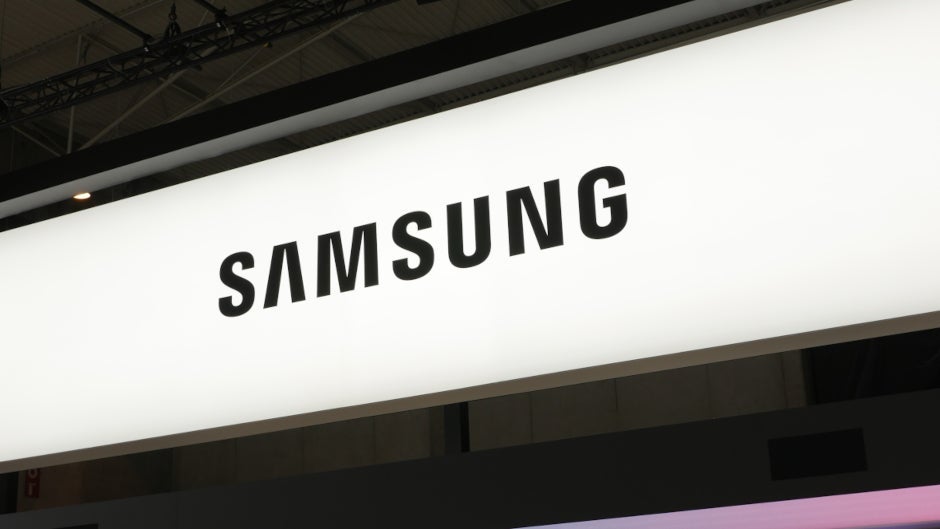
Last year’s Mate 60 series release was a global shocker, particularly upsetting US officials, because the Mate 60 was the first 5G phone since the Mate 40 series. Prior to this, Huawei was sanctioned by the US and was permitted to only use modified versions of Qualcomm’s Snapdragon chipsets for its P50, Mate 50, and P60 flagships (these chips were altered to exclude 5G connectivity).
Less than a month ago, a report claimed that the Biden administration is turning up the heat on China’s top-sanctioned chipmaker – the SMIC (Semiconductor Manufacturing International Corp). The US officials are set to cut off SMIC’s most advanced factory from getting more American imports. That’s because SMIC produced a sophisticated chip for Huawei’s Mate 60 line.
Now, another report claims that Samsung and SK Hynix, “the world’s leading memory chipmakers”, have stopped selling their used chipmaking equipment “for fear of falling foul of US export controls on China and western sanctions on Russia”. The Financial Times report claims that South Korean companies have been “storing used machines in warehouses instead of putting them on the secondary market”.
That’s because even ten-year-old machines could be, in theory, repaired and tuned to produce advanced chips, if they “fall into the wrong hands” and Korean chipmakers are apparently seeking ways to avoid US repercussions.
According to the report, “SK Hynix recently started to sell some machines again after it started to run out of storage space”. But the company was “still refraining from selling US-made equipment, which ranges from wafer grinders to etching machines”.
Shortly after the Mate 60 Pro release last year, somebody quickly disassembled it and discovered two memory chips from SK Hynix were found inside: an SK Hynix 12GB LPDDR5 RAM chip, and a 512GB NAND memory chip.
#Samsung #Hynix #restrain #selling #chipmaking #equipment #avoid #repercussions


